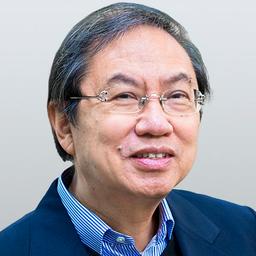Commentary
From the beginning of this century until the 2008 Beijing Olympics, China made impressive economic achievements and its leadership spent massive resources building the country’s image. At the same time, the Bush administration was preoccupied with combatting terrorism and the Middle East, which offered China an opportunity to expand its horizons, especially in the Asia Pacific region. The Obama administration tried to redress the balance, but progress was limited.





